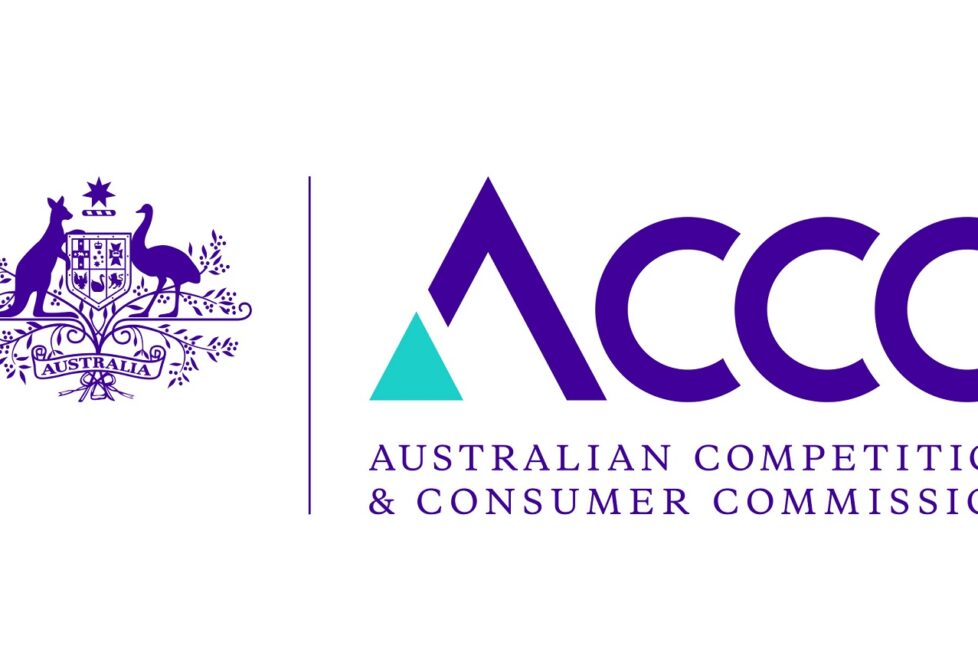Australia Releases Anti-Greenwashing Guidance for Companies

Australia’s competition regulator the Australian Competition and Consumer Commission (ACCC) announced today the release of its final guidance on environmentalEnvironmental criteria consider how a company performs as a steward of nature. More claims, aimed at helping companies comply with rules to avoid misleading green marketing and advertising green claims, and protecting consumers from greenwashing.
The new guidance follows the publication of a study by ACCC earlier this year that found that 57% of companies examined made concerning claims about their environmentalEnvironmental criteria consider how a company performs as a steward of nature. More credentials. Following the release of the study, the regulator said that it will be investigating companies for potential greenwashing, and that it will conduct education activities with businesses and update guidance to help improve the integrity of environmentalEnvironmental criteria consider how a company performs as a steward of nature. More claims. The regulator released draft guidance in July 2023, and said that its final version incorporated feedback from more than 150 stakeholders including consumers, businesses and environmentalEnvironmental criteria consider how a company performs as a steward of nature. More organizations.
ACCC Acting Chair Catriona Lowe said:
“Our final guidance helps to demonstrate how businesses can make clear, evidence-based environmentalEnvironmental criteria consider how a company performs as a steward of nature. More claims that consumers can understand and trust.
“EnvironmentalEnvironmental criteria consider how a company performs as a steward of nature. More claims are useful for consumers when they can easily understand what the environmentalEnvironmental criteria consider how a company performs as a steward of nature. More benefit is, and if there are any restrictions that can limit this benefit.”
The final guidance included a set of eight key principles aimed at helping businesses ensure that their green claims are clear, accurate, and not misleading. The principles include making accurate and truthful claims, noting that the overall impression presented by the company should be considered with even factually correct claims being able to mislead consumers; having evidence to back up claims, including making research, evidence, or data on claims easily accessible; not hiding or omitting important information; explaining any conditions or qualifications; avoiding broad and unqualified claims; using clear, easy to understand language, ensuring that visual elements do not give the wrong impression about environmentalEnvironmental criteria consider how a company performs as a steward of nature. More benefits, and; being direct and open about the company’s sustainability transition.
The guidance also outlines actions that can be taken by the ACCC against companies found to be making false or misleading representations, with penalties reaching as much as $50 million, three times the assessed value of the benefit from the contravention, or up to 30% of the company’s revenue during the relevant period.
ACCC said that it will release further guidance in early 2024 on emissions and offset claims and on the use of trust marks, and that the regulator also plans to develop guidance aimed at helping consumers to assess and rely on environmentalEnvironmental criteria consider how a company performs as a steward of nature. More claims.
Lowe added:
“Misleading environmentalEnvironmental criteria consider how a company performs as a steward of nature. More and sustainability claims continue to be an enforcement and compliance priority for the ACCC, and we have several active investigations underway.”